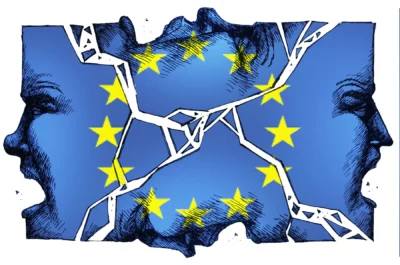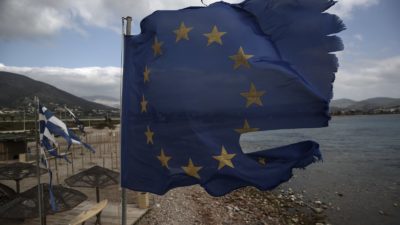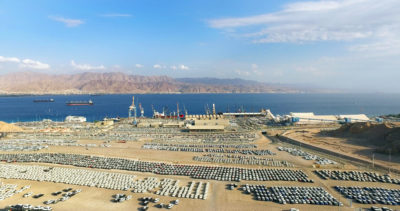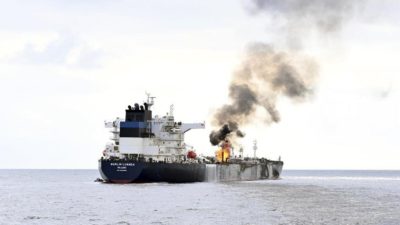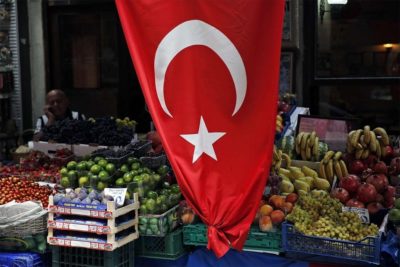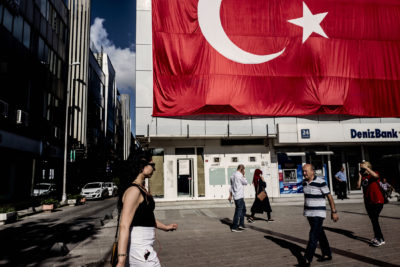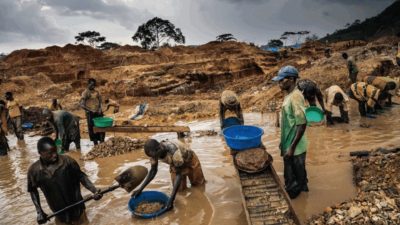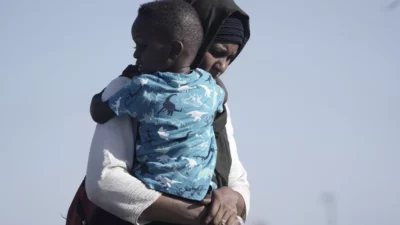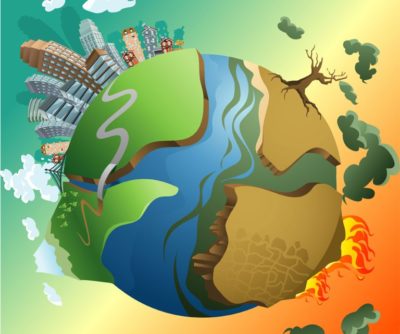Current global dynamics accelerate the disintegration of Europe
While the collective West realizes with great surprise and astonishment that it no longer decides anything on the world stage, Europe, for its part, is disintegrating at an increasingly accelerated pace. The global power dynamic is undergoing a profound shift at cruising speed, where the predominant influence of Western countries appears to be crumbling. Historically, Europe and the United States have shaped world affairs through their colonial, military, economic and cultural power, with a stronger hold after World War II via institutions such…
The end of the era of western Europe
According to “Le Monde”, Europe is becoming poorer compared to the United States. In the opinion of many political analysts, the European authorities have chosen the wrong course of development by completely submitting to Washington’s policy – by joining almost 20 thousand anti-Russian sanctions, they have not only failed to restrain the growth of the Russian economy, but have even done themselves considerable damage. This is particularly evident in the case of Germany…
Western Europe in crisis
Recently, the European Union and other Western European states have been facing a growing crisis. This state of affairs was best characterised by French President E. Macron, who in several speeches at the end of April and beginning of May stated that Europe was in mortal danger. He also stressed that “everything could fall apart very quickly”. Some Russian political analysts believe that for the past two years the economies of most European Union countries have been in a virtual standstill, especially Germany, which Bloomberg has dubbed “the sick man of Europe”…
Port of Eilat Cries Out for Help and Freedom of Global Shipping
Military conflict usually begins with violations of international law and leads to disregard of all norms and conventions. Alas, the “laws” of war have their own logic, when some attack without considering the tragedy of masses of civilians and without choosing humane weapons, while others are forced to defend themselves by any means necessary to save their lives. In today’s turbulent world, when the foundations of the former world order and global security have been shaken, the institutions of international law often lose strength and prove ineffective in the face of the threat of local and regional conflicts…
Why Are Greeks the Poorest People in the EU?
The European Union is facing a severe crisis marked by unfulfilled promises of democracy, equal exchange, and shared prosperity. The situation is particularly dire for some EU nations, with Greece, according to a recent Financial Times report, on the brink of becoming the poorest member of the EU. Despite Bulgaria currently holding that position, its economic trajectory is set to overtake that of its southern neighbor…
Economic Implications of the Houthi Strikes in the Red Sea
The Red Sea holds immense significance in international maritime trade. Two choke points, the Suez Canal and the Bab al-Mandab, hold critical value in this sea route. Around 22 percent of global maritime container trade passed through the Suez Canal in 2023. Bab-el-Mandeb strait is used to access this Canal by ships traveling from Europe. The Red Sea hosts almost 12 percent of global trade, 21344 vessels per day, amounting to $1 trillion in goods, and 10 percent of maritime trade…
Why is the Turkish economy stuck in a profound crisis...?
The Scottish aristocrat and British Prime Minister (1963-1964) Sir Alec Douglas-Hume once said: “There are two problems in my life. The political problems are insoluble and the economic problems are incomprehensible.” His words also reflect very closely the economic realities of modern Turkey. Recep Erdoğan and his Justice and Development Party (AKP) came to power in 2002 amid an economic crisis and widespread criticism of the economic policies of the previous government, led by Bülent Ejavit, which had seen the country’s GDP fall by 10 percent…
Turkish business against the US pressure
For more than two months since the beginning of 2024, the banking system and business in general in Turkey has been under unprecedented pressure from the United States in terms of secondary sanctions for the development of business relations with Russia in circumvention of Washington’s restrictive measures – embargo. Unfortunately, Turkish banks have started to refuse to accept financial payments from Russian companies and Turkish exporters to Russia…
Inequality is the biggest challenge of the 21st century
In today’s world, tensions in international relations have risen sharply, with the US and its allies doing all they can to maintain their dominance and gain positions in the economy. Neo-colonial exploitation has led to the accumulation of enormous wealth in the West at the expense of developing countries. The world has faced several crises. First a pandemic hit our wallets, then a geopolitical conflict, natural disasters…
Humanitarian Crisis in Sudan
With a record 3.5 million children seeking refugees inside and outside the country, the Sudan crisis has turned into another major children’s crisis, along with Gaza. More than 50 percent of Sudan’s population, 14 million of which comprises children, need humanitarian aid. According to Doctors without Borders, almost 13 children die daily in Sudan due to malnutrition, this is the second-highest number of deaths of children after Gaza. This crisis in the country has been…
Turkey is heading for changes in its financial system, and replacing the head of the Central Bank
The financial crisis in Turkey calls for a tight monetary policy and a tough banking regulator. But Turkey’s Central Bank is being headed by one US business school graduate after another. But how will Fatih Karahan be more successful than Hafize Gaye Erkan? In terms of its financial situation, Turkey is going through difficult times. In real terms, annual inflation in 2023 has reached 65% (and some independent sources claim it is as high as 128%), and, unfortunately, is still largely the same in February 2024. Wages are not growing in line with inflation, and the poverty rate is growing…
The Climate and Food Security
Climate Change is undoubtedly the greatest existential threat facing humanity today. As wars rage around the globe and countries pursue economic and political policies that are causing ever-increasing fragmentation, scientists and climate activists find that their voices fall on deaf ears. The COVID-19 crisis exposed societies all over the world to the risks posed by large-scale shocks to the system of Global Value Chains (GVCs) that bring food from farmers thousands of miles away to our supermarkets and our tables. However, scientists argue that a climate change crisis…
